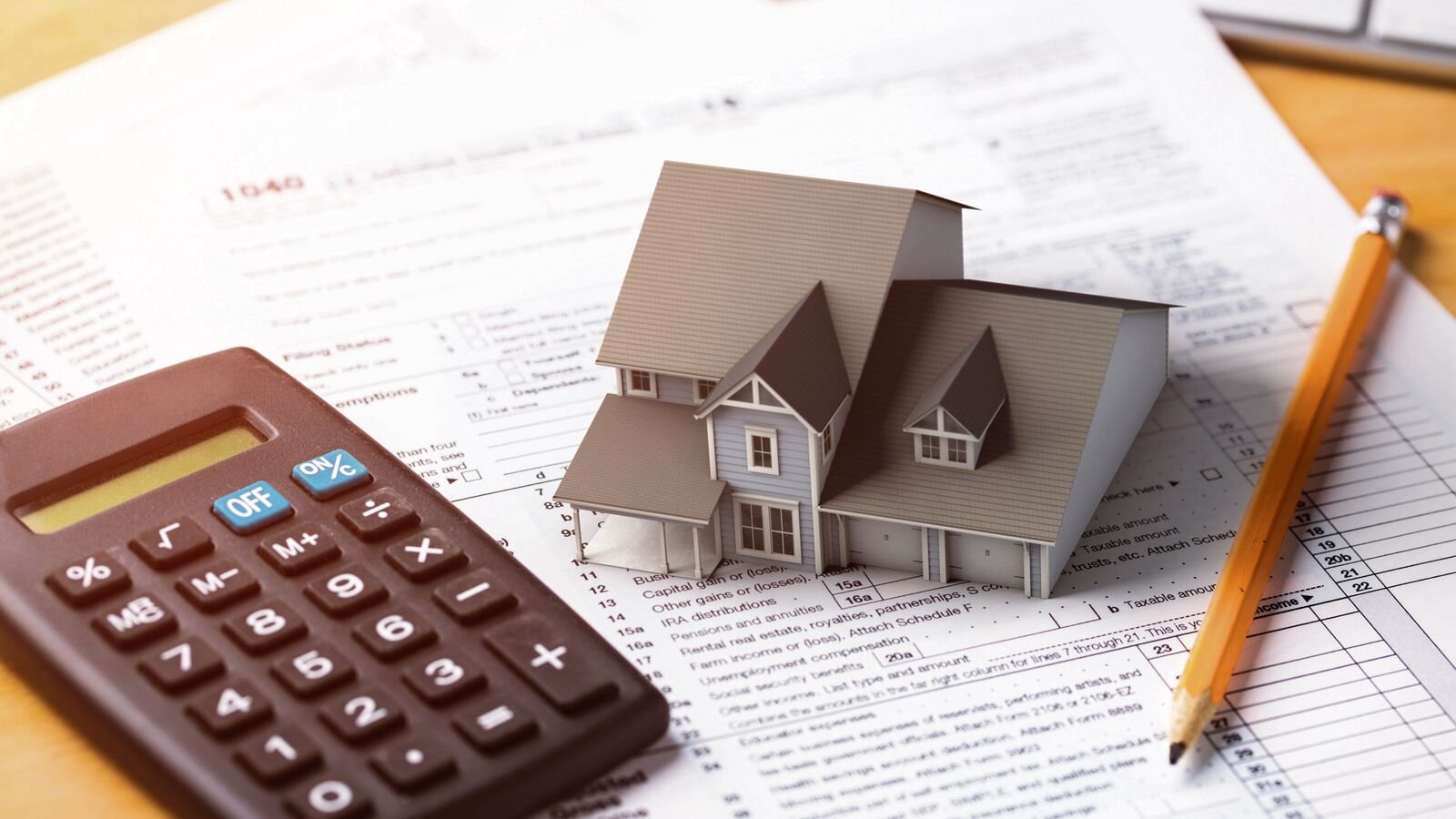My grandfather bought a residential plot in 1972 6 lakhs in Delhi. He died in 1991 and the land was inherited by my father. My father built a house on the land in 1995 and gifted the house (and the land it stands on) to me in 2011. I sold the house in September 2023 for 5.5 crores. I bought a residential flat in Bengaluru this month 3.5 crores. This is my first home purchase (except the one that was gifted to me by my father). What is my capital gains tax liability? Can I get tax benefits under section 54F?
-Manuja Sindhu
Income from the sale of your residential house in Delhi Rs 5.5 crore will be subject to taxation as long-term capital gains at the rate of 20% with the benefit of indexation.

Given that the asset was acquired before 2001, the cost of acquisition, at the option of the taxpayer, can be either the original cost of the asset or its fair market value as of 1 April 2001. Additionally, the fair market value as of 1 April 2001 should not exceed the stamp duty value, if available, for the property on the same date. Professional property valuers can help determine both the fair market value and stamp duty value required to calculate capital gains. Cost of improvements includes all capital expenditure incurred on additions or alterations to the capital asset on or after April 1, 2001, whether incurred by your father or yourself.
To avail of the exemption, it is important to understand that the provisions of section 54 of the Income Tax Act (ITA) apply in your case and not section 54F of the ITA. To be eligible for benefits under section 54, generally, the following conditions are required to be fulfilled:
The property sold must be residential.
The capital gain realized from the sale of residential property must be invested in the purchase or construction of another residential property in India.
The new asset must be purchased one year before the sale or two years after the sale of the original asset.
If constructing a new residential property, it should be completed within three years from the date of sale of the original property.
The taxpayer should not own more than one residential house other than a new property being purchased or constructed.
Given that this is your first purchase and all the mentioned conditions are fulfilled, you are eligible to claim an exemption under section 54 of ITA. Once the capital gains are calculated, you can invest the sale proceeds in a residential flat in Bengaluru. If the entire capital gains amount is invested in the new property, you may be eligible for full exemption from capital gains tax.
However, it is important to know that there are restrictions on new assets acquired using capital gains. Specifically, it cannot be sold within three years from the date of acquisition.
Selling the new property within these three years will void the capital gains tax exemption claimed earlier.
Neeraj Aggarwal is a partner at Nangia Anderson India.
